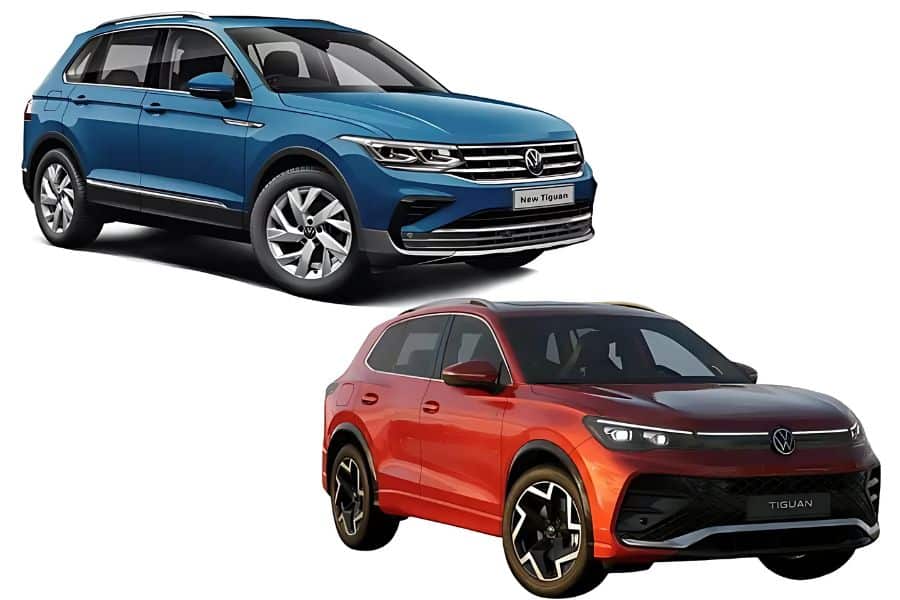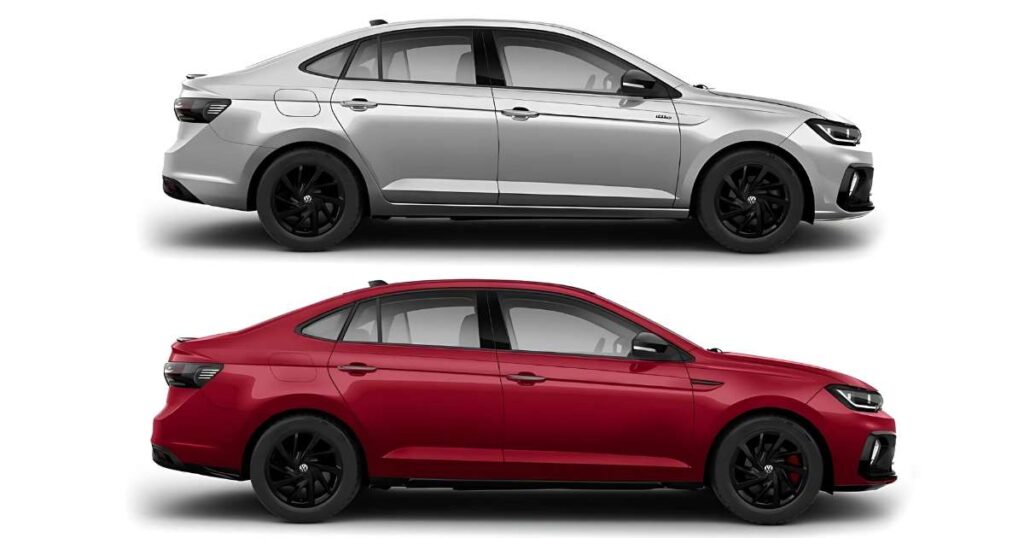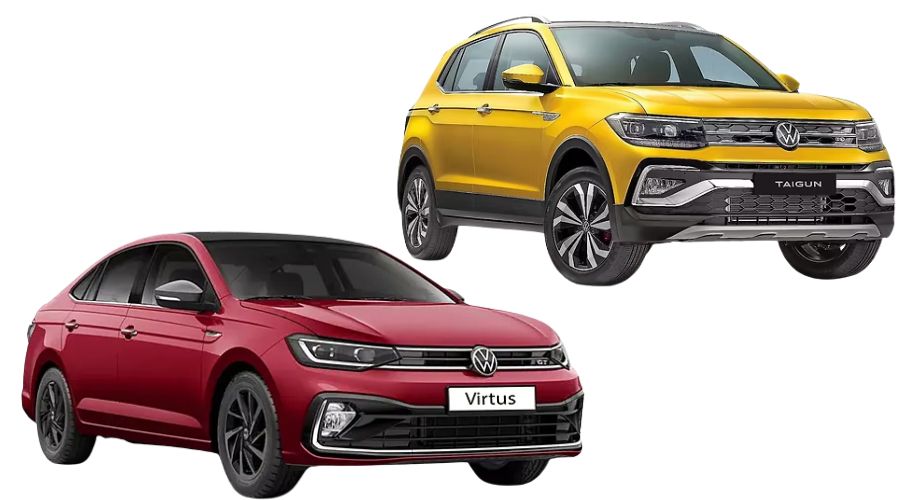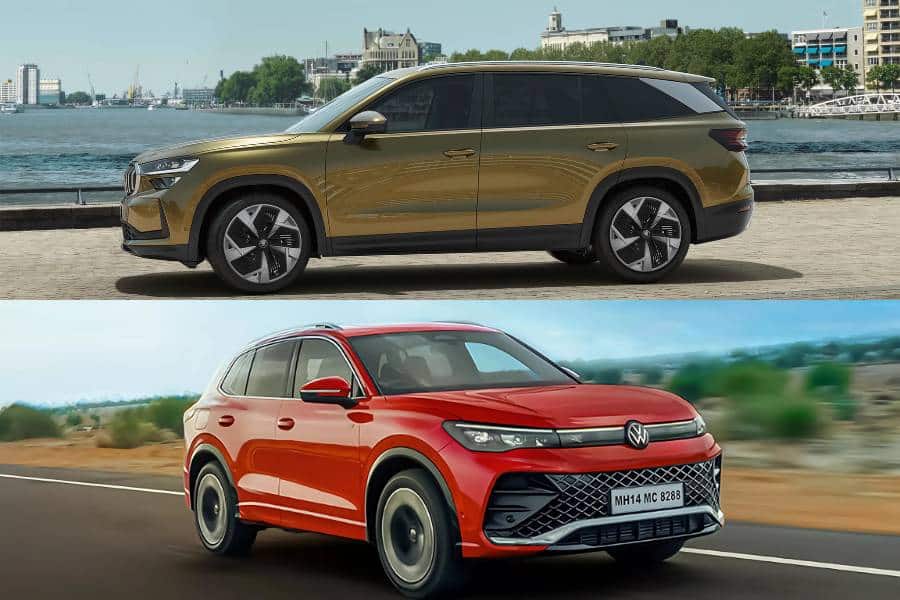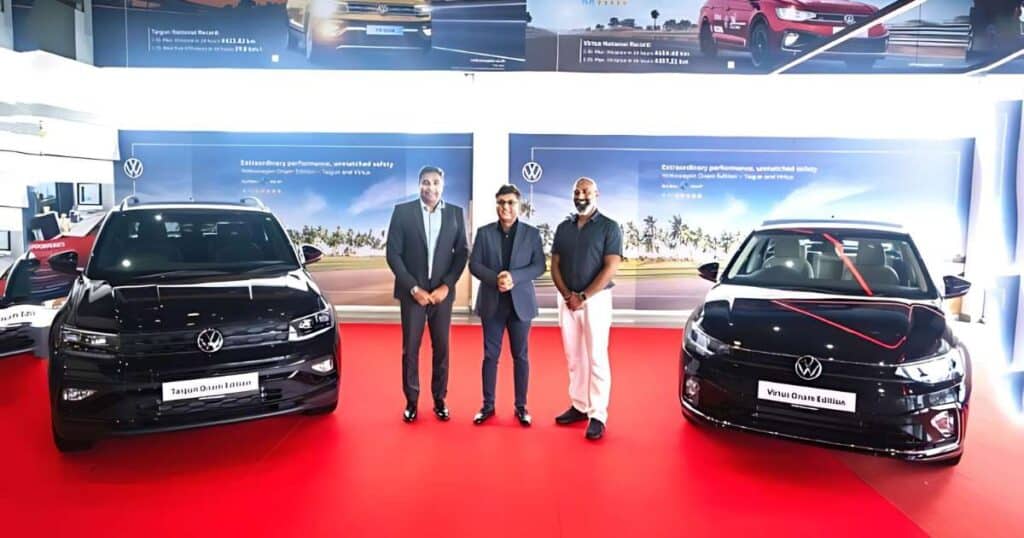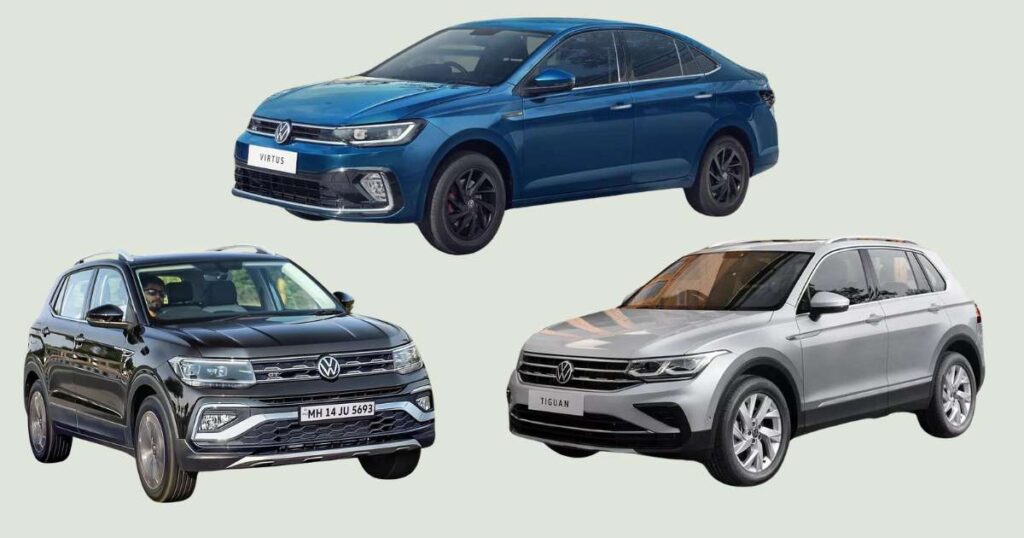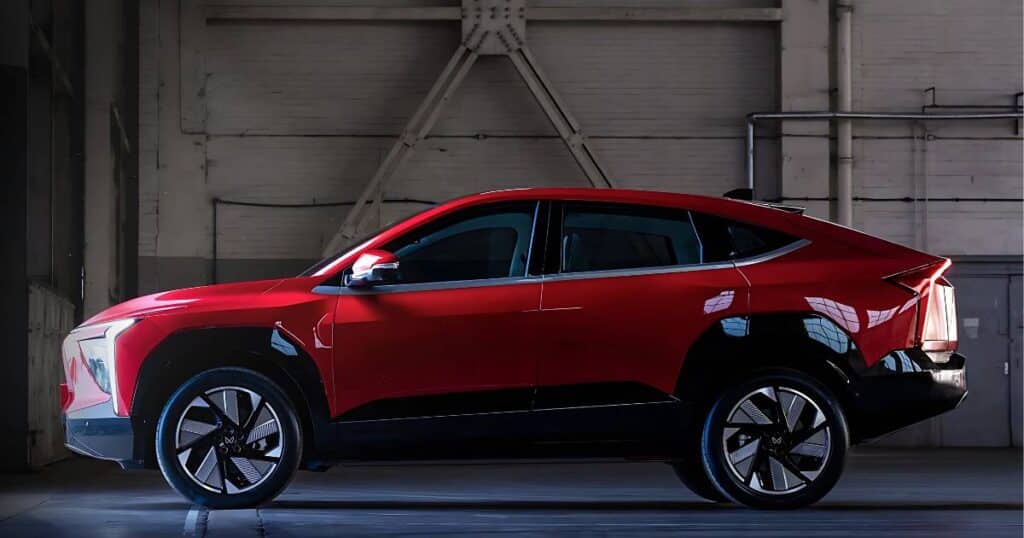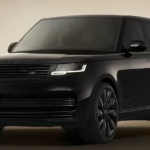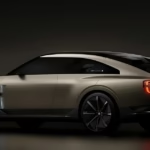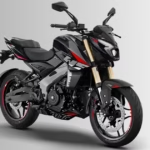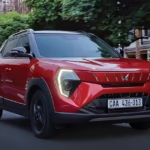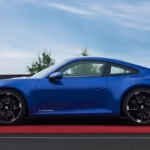Volkswagen Tiguan vs Tiguan R-Line: Design, Features & Performance Compared
Volkswagen has stepped up its game in India’s premium SUV segment with the introduction of the Volkswagen Tiguan R-Line, a sportier and more performance-focused version of the standard Tiguan. While the Tiguan has been well-regarded for its robust build and refined driving dynamics, the R-Line aims to offer more aggressive styling, improved technology, and enhanced power. But what exactly sets these two SUVs apart?.
Also Read: Volkswagen Virtus GT Line and GT Plus Sport Launched in India, Starting at Rs 14.07 Lakh
Exterior and Design Upgrades
The standard Tiguan sports a classy and elegant look, featuring chrome accents and Volkswagen’s signature clean lines. In contrast, the Tiguan R-Line goes for a bolder stance:
- Sportier front fascia with sleeker Matrix LED headlights.
- ‘R’ badging, closed glass nose, and an LED strip for a modern appeal.
- Criss-cross pattern grille with black accents for an aggressive look.
- Larger 19-inch alloy wheels, which improve aesthetics and aerodynamics.
Volkswagen has refined the aerodynamics, with the drag coefficient improving from 0.33 to 0.28, making the R-Line sleeker and more efficient.
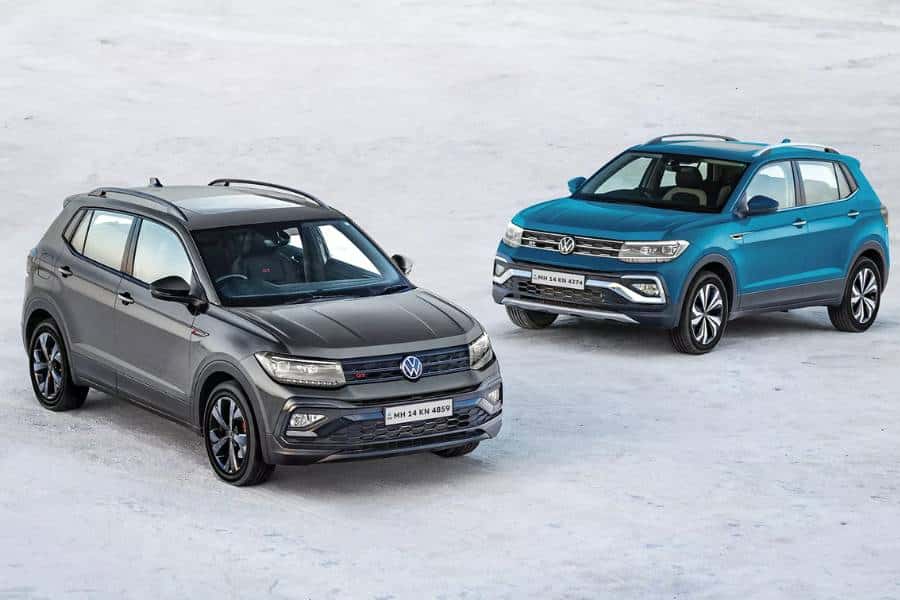
Also Read: Skoda Kylaq Prices Revealed: Starting at Rs 7.89 Lakh, Going Up to Rs 14.40 Lakh
Interior and Technology Enhancements
Inside, the Tiguan has always delivered a premium yet practical cabin with minimalistic styling. However, the R-Line goes for a sportier and more tech-heavy approach:
- New glossy black dashboard panel featuring pixel graphics.
- ‘R-Line’ branded sport seats with contrast stitching for a dynamic appeal.
- Upgraded 15-inch touchscreen, handling both infotainment and front-seat massaging controls.
- Premium 14-speaker sound system enhancing the driving experience.
While both models provide Apple CarPlay and Android Auto connectivity, the R-Line lacks ventilated seats, which may be a drawback for some buyers.

Also Read: 2025 Skoda Kodiaq launched at Rs 46.89 lakh In India
Engine & Performance
The outgoing Tiguan was powered by a 2.0L TSI petrol engine producing 188 bhp and 320 Nm of torque. The Tiguan R-Line, while retaining the same 1,984cc turbo-petrol engine, has been tuned to deliver 201 bhp, increasing power by 14 bhp.
This upgrade results in a 0-100 km/h acceleration time of just 7.1 seconds, compared to the Tiguan’s 8.5 seconds. Additionally, the dynamic chassis control system and recalibrated drive modes ensure sharper handling and a sportier feel on the road.

Safety Features: A Major Upgrade
Safety has been a strong point for Volkswagen, and the Tiguan R-Line significantly improves on the standard Tiguan’s features:
- Nine airbags (compared to six in the Tiguan).
- Level 2 ADAS suite including lane-keeping assist, adaptive cruise control, and emergency braking.
- 360-degree camera system and autonomous parking assist.
- 5-star Euro NCAP crash safety rating, making it one of the safest SUVs in its class.
The Tiguan R-Line, positioned as Volkswagen’s premium flagship SUV, comes as a CBU (Completely Built Unit) instead of a CKD (Completely Knocked Down) assembly like the standard Tiguan. This raises its price to ₹49 lakh (ex-showroom)—a significant jump from the outgoing Tiguan’s ₹38.17 lakh price tag.
Also Read: Skoda Octavia RS India Launch Confirmed for 2025 Bharat Mobility Expo
If you prefer understated elegance, refined driving dynamics, and affordability, the Volkswagen Tiguan remains a solid choice. But if performance, aggressive styling, and cutting-edge tech matter more to you, the Tiguan R-Line is the SUV to go for. Regardless of your pick, both models uphold Volkswagen’s reputation for premium engineering and German craftsmanship.
